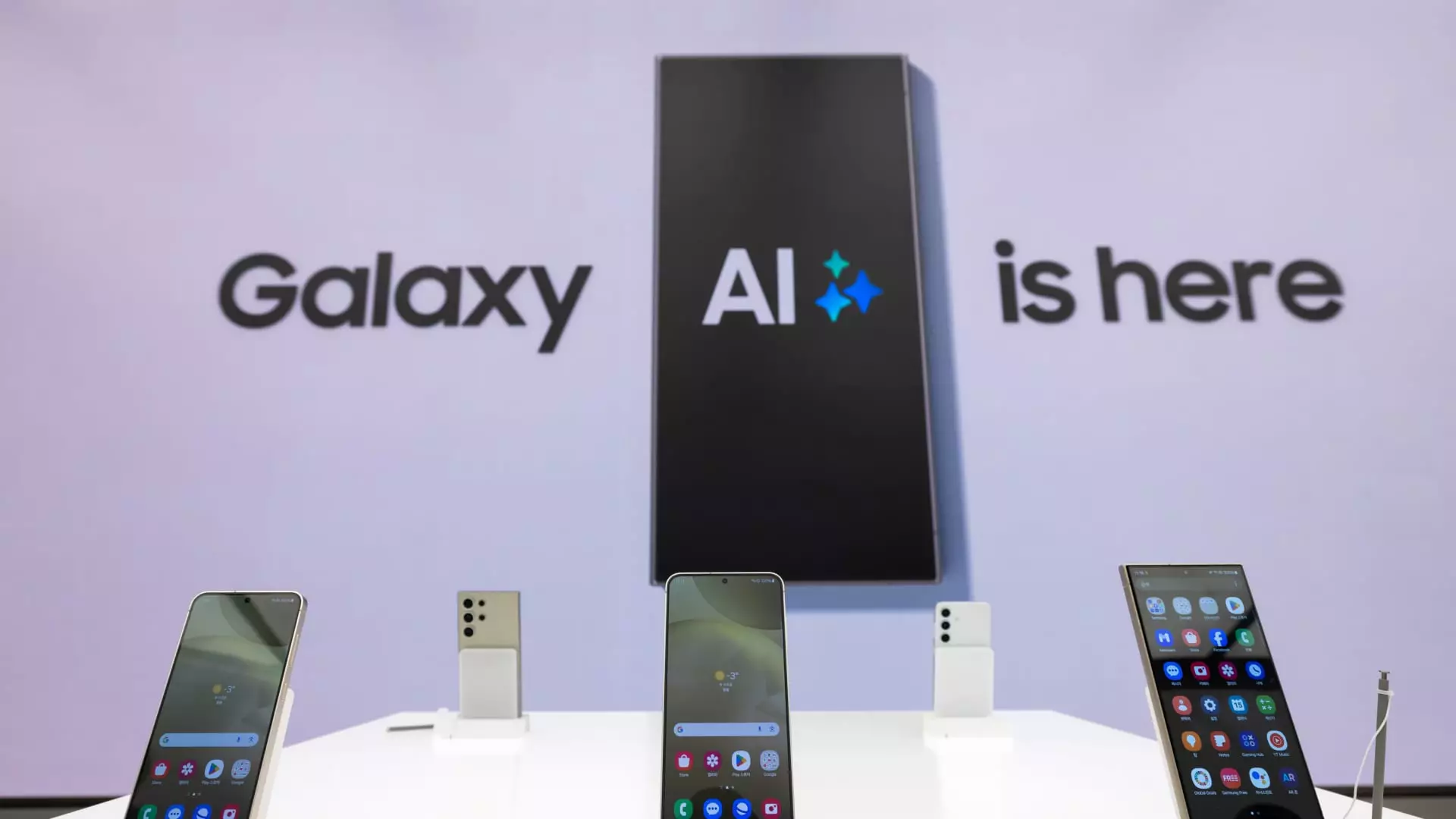In a recent interview with CNBC, a top executive at Samsung revealed the company’s plans to incorporate generative artificial intelligence technology into its voice assistant, Bixby. The move comes as Samsung aims to improve the overall user experience and functionality of its devices. Bixby was initially launched in 2017 with the Galaxy S8 smartphone, offering features such as live translations and restaurant recommendations. However, traditional voice assistants like Bixby have primarily focused on answering user questions rather than engaging in more conversational interactions.
The evolution of chatbots, particularly with the introduction of platforms like OpenAI’s ChatGPT, has ushered in a new era of generative AI. These advanced chatbots are capable of processing complex queries and responding with text, images, and even videos. Samsung recognizes the potential of integrating this technology into Bixby to enable more natural and engaging conversations with users.
Samsung’s Bixby is currently available across a wide range of devices, including smartphones, smartwatches, and home appliances. The company views Bixby as a crucial tool for users to manage and control their devices within Samsung’s ecosystem. While Bixby has served as a core voice assistant for Samsung, it has not yet matched the capabilities of advanced AI models like ChatGPT. As a result, Samsung is committed to enhancing Bixby’s functionalities to deliver a more personalized and intuitive user experience.
Won-joon Choi, executive vice president at Samsung’s mobile business, emphasized the importance of adopting generative AI and large language models (LLM) to redefine Bixby’s role. By equipping Bixby with generative AI capabilities, Samsung aims to create a more intelligent voice assistant that can seamlessly interact with users and support a wide range of Samsung products. Choi highlighted the significance of enabling natural conversations and developing an interface that aligns with Samsung’s ecosystem.
While Samsung has not provided a specific timeline for implementing generative AI features in Bixby, the company is actively working towards integrating this technology into its devices. The focus on enhancing Bixby’s AI capabilities coincides with a growing interest in generative AI among tech companies. Investors are closely monitoring Apple’s upcoming developers conference, WWDC, where the company is expected to showcase advancements in AI features across its product lineup. The competition in the AI landscape underscores the importance of innovation and differentiation for companies like Samsung in the tech industry.
Overall, Samsung’s exploration of generative AI technology signifies a strategic shift towards creating more engaging and sophisticated voice assistant experiences for users. By leveraging advanced AI models and integrating them into Bixby, Samsung aims to set new standards for voice assistants and enhance the overall usability of its devices. As the tech landscape continues to evolve, the integration of generative AI in Bixby represents a significant step towards shaping the future of AI-powered interactions.


Leave a Reply